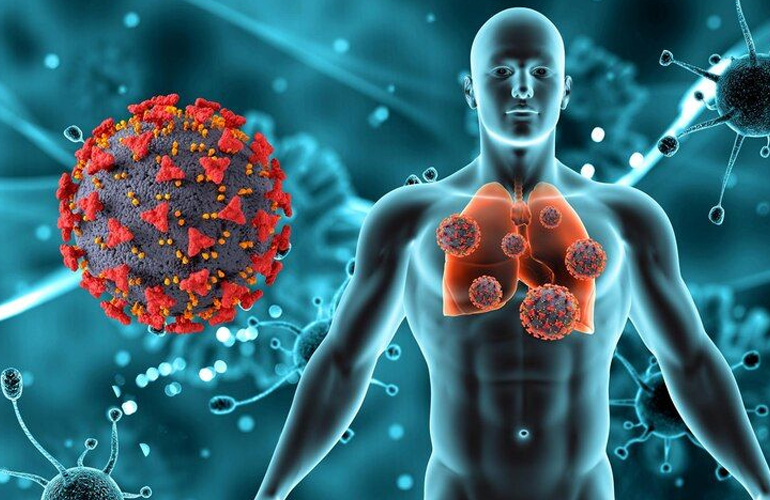Lung Cancer
Lung cancer is caused by abnormal growth of regular cells which line the air pathway, usually starting off in a single or both lungs or airways. The abnormal growth of these cells do not allow formation of healthy lung tissue but instead these cells divide speedily and result in tumour formation. It most often occurs in people who smoke but there are other causative factors as well. Nowadays, it is increasingly being seen that non smokers come to my OPD after being diagnosed as lung cancer. The possible explanation can be second hand smoke, and pollution plays a major part in it. As lung cancer grows, abnormal cells can form tumours and interfere with the functioning of the lung, which provides oxygen to the body via blood.
Symptoms of Lung Cancer include:
- Persistent coughing
- Blood in sputum produced
- Breathlessness—either on exertion or at rest
- Chest pain at localized site
- Change in voice – mostly hoarseness
Risk Factor of Lung Cancer include:
- Tobacco smoking (implicated in 60-65 per cent of lung cancers)
- Exposure to second-hand or passive smoking (as mentioned above)
- Exposure to radon gas, asbestos and other carcinogens
Stages of Lung Cancer
- Stage I: Cancer is confined within lung
- Stage II/III: Cancer is confined within chest
- Stage IV: Cancer spreads to other organs ( brain, liver, adrenal glands) Or forms fluid in the pleural space (should be proven for malignancy)
Treatment of Lung Cancer
- If detected in early stage, it can be cured by surgery
- If detected in advanced stage, these cancers can be treated by chemotherapy
- Nowadays after many recent advances in lung cancer treatment regimens, immunotherapy and oral tablets of targeted therapy are increasingly being used in a specific subset of patients. This subset is defined after doing genetic molecular testing on tumour biopsy block.

